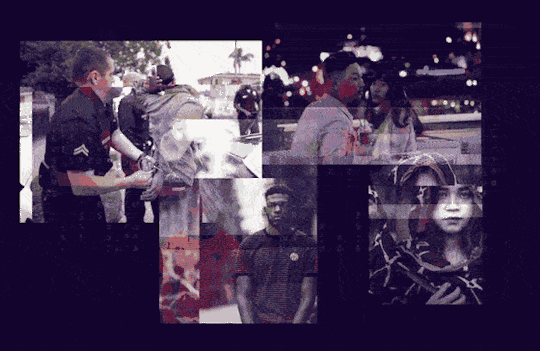It’s Time For Oakland To Join the List of Cities Banning Facial Recognition (And Berkeley, too).

The Oakland City Council will vote tomorrow (Tuesday July 16 during the City Council meeting at 5.30pm PST) on an ordinance to ban the purchase or use of facial recognition technology by public agencies. The vote comes in the wake of several national news stories exposing the scope of the surveillance regime that such technology has already enabled. The motion, sponsored by Councilwoman and Council President Rebecca Kaplan, passed through Oakland’s Public Safety Committee with a 4-0 vote but we understand it will meet some opposition on the City Council tomorrow evening. There is some resistance locally from local law enforcement who seek post-hoc facial recognition.
Fight for the Future is calling on the people of Oakland to attend this City Council meeting and voice their support for the ban, and for the Council to pass this motion without any watered down amendments.
Tomorrow’s vote in Oakland comes just one day before a a Public Safety Committee special hearing in Berkeley to discuss a ban on facial recognition. This takes place at 12 noon.
Cities like San Francisco and Somerville recently took decisive action to ban the technology and protect their residents from the invasive practices it makes possible. And statewide moratoriums are currently before the legislatures in California (only for police body cams), Massachusetts, and Michigan.
Evan Greer (she/her), Digital Rights Campaign Director at Fight for the Future, sees these local actions – which enjoy overwhelming popular support – as part of a growing movement.
“People are smart,” she said. “As much as big tech companies sell facial recognition as convenient and safe, people have quickly realized that it makes us less safe, not more safe. This type of surveillance leads to social control on a previously impossible scale, exacerbating existing forms of discrimination in our society. This is a watershed moment in human history, and people from across the political spectrum are coming out of the woodwork and mobilizing to stop 1984 from becoming a reality.” .”
Fight for the Future launched a campaign last week for a federal ban, filling a void in leadership on an urgent issue that Greer – echoing academics who have studied facial recognition technology – likens to nuclear proliferation. “Imagine if we could go back in time and prevent governments around the world from ever building nuclear or biological weapons. That’s the moment in history we’re in right now with facial recognition.”
Greer points out that it is a bipartisan issue. At a congressional hearing in June, Democrat Alexandria Ocasio-Cortez and Republican Jim Jordan agreed that the technology poses a clear threat. Arguing that the technology will turn George Orwell’s dystopian novel 1984 into a disturbing reality, Jordan said, “Doesn’t matter what side of the political spectrum you’re on, this should concern us all.”
The Washington Post reported last week that the FBI and ICE have secretly accessed millions of American’s driver’s license photos as part of a nationwide facial recognition dragnet, turning DMV databases “into the bedrock of an unprecedented surveillance infrastructure.”
Last month, Axon, one of the largest suppliers of police body cameras in America, announced it would not equip its products with facial recognition, saying it could not “ethically justify” doing so. Prior to the company’s decision, several studies uncovered extensive inaccuracies in the technology and embedded biases against women and people of color.
“This technology will be catastrophic for the most vulnerable in our society,” Greer said. “But it will subject everyone else to the watchful eye and oppressive whims of the state as never before.” Greer cited the upcoming vote in Oakland, and the ban ordinance under review in Berkeley, as signs of progress in California that the rest of the nation should follow.
Please contact William Fitzgerald william@theworkeragency.com if you’d like to speak with Evan Greer from Fight for the Future, or Brian Hofer from Secure Justice, who’s been working on this in Oakland and Berkeley for years now.

